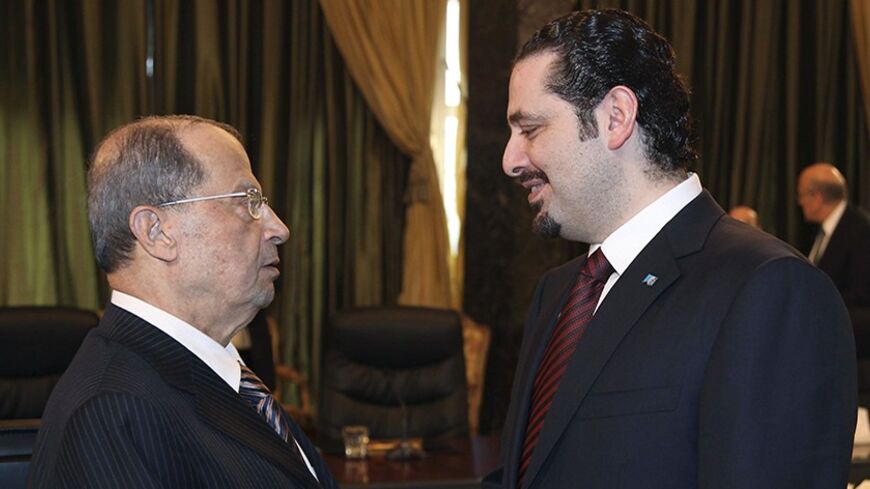Hopes for a unity government in Lebanon have faded and things are back to square one. The regional parties that are fighting over the Arab Levant and are controlling the Lebanese equation are far from a settlement that revives Lebanon’s constitutional life. Even the “minimum settlement,” which loomed on the horizon for a few days and was based on containing the conflict in Syria and preventing a constitutional vacuum that would threaten Lebanon, seems elusive today.
Reaching an internal consensus is almost impossible, given that the sectarian blocs have lined up within regional camps. And the concurrent constitutional requirements are complicating matters further. The dilemma is no longer confined to forming a new government but also to electing a new president, since the current president’s mandate ends in a few weeks.



